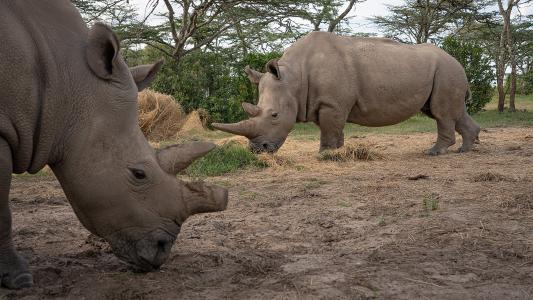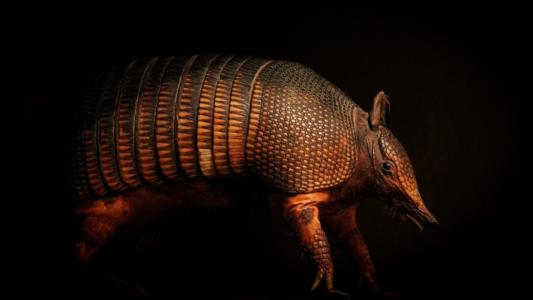Biology
Mega bacteria that can be seen with naked eye shakes up the field of microbiology
A newly discovered species of bacteria is so large that it can be seen with the naked eye. It also contains a DNA-containing nucleus.
Just a few short bursts of physical activity each day might yield huge health benefits
Researchers tracked 25,241 non-exercisers wearing accelerometers to find out of brief bursts of activity lowered their risk of dying.
Stem cell breakthrough could save the northern white rhino
To save the northern white rhino species from extinction, researchers are turning stored rhino tissue samples into sperm and egg cells.
Armadillo experiment suggests that we can regenerate human livers with leprosy
M. leprae-infected armadillos develop enlarged, healthy livers with gene expression patterns similar to human fetal livers.
“DALL-E 2 of biology” designs proteins for new drugs
The Chroma AI's ability to design proteins with structures no one has ever seen before could revolutionize medicine.
Scientists uncover key to future hepatitis C vaccine
While treatments are available for HCV-related infections, they are expensive, hard to access, and do not protect against reinfection.
Startup unveils $179 houseplant engineered to purify your air
Neoplants' $179 genetically engineered houseplant pulls VOCs from the air 30 times more efficiently than plants found in nature.
Bacteria breakthrough could create brand new cheese flavors
A new set of experiments has shown for the first time how the unique flavors of different cheeses can be linked to specific types of bacteria.
FDA approves US’s first fecal transplant therapy
The FDA has approved Rebyota, a slurry used during fecal transplant therapy to treat recurrent C. difficile infections.
Newly discovered gut bacteria may be a culprit behind rheumatoid arthritis
This bacteria is found only in the intestines of people with rheumatoid arthritis, and not in the intestines of healthy people.









